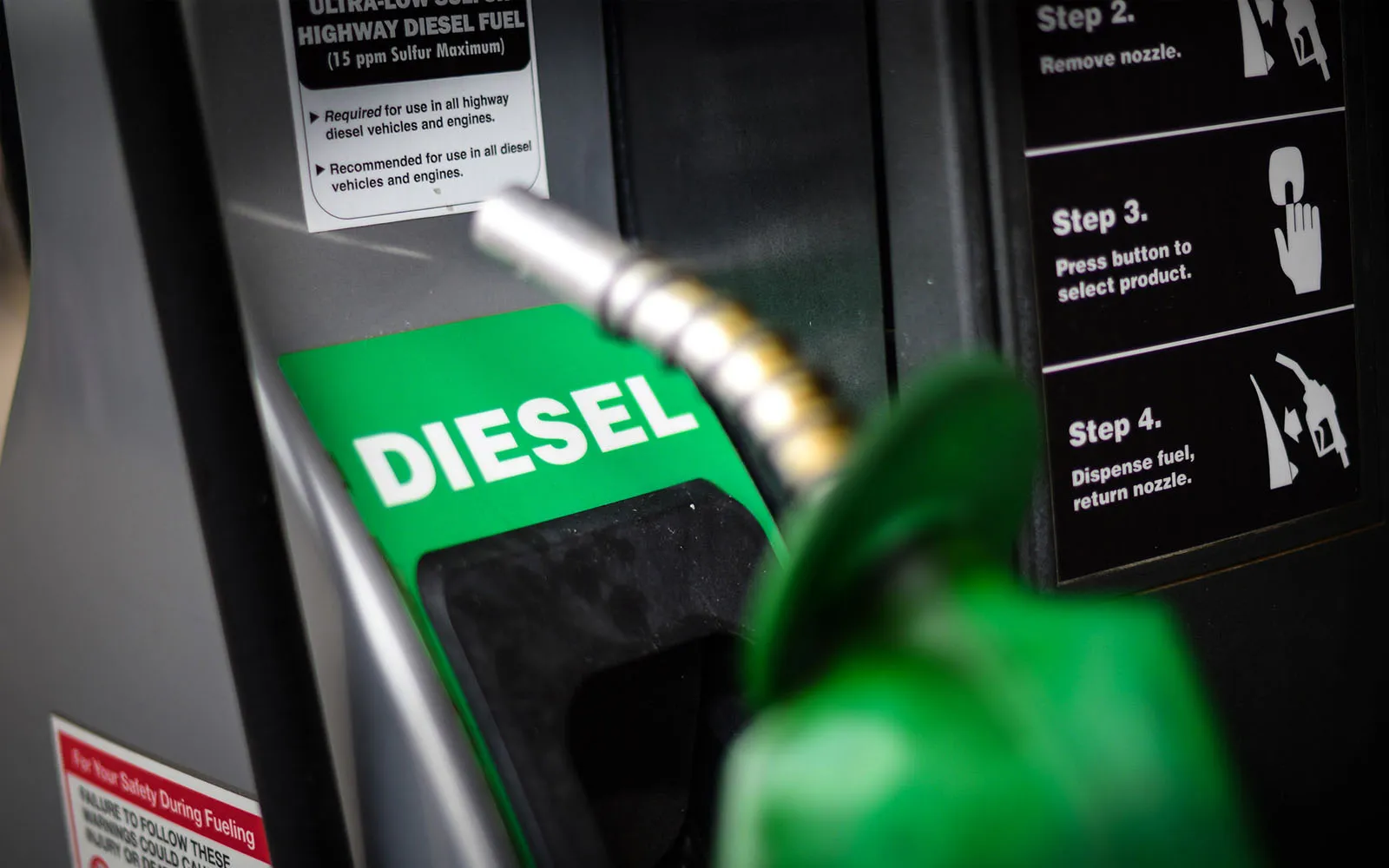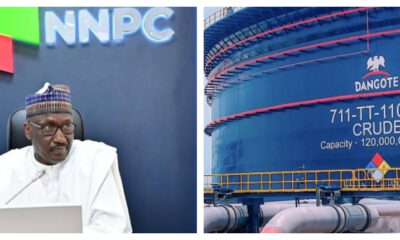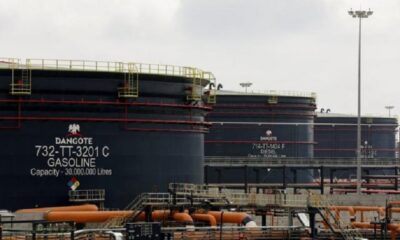NEWS
Dangote refinery slashes diesel price, promises relief from inflation

The Dangote Petroleum Refinery has decided to significantly reduce the price of Automotive Gas Oil (diesel) to N1000 per litre.
This decision comes amidst a staggering inflation rate in the country, offering a potential solution to alleviate financial burdens on consumers and businesses.
Chairman of the Dangote Group, Alhaji Aliko Dangote, announced this substantial price reduction, highlighting its potential impact on the economy.
He emphasized that the refinery’s initiative aims to combat the steep inflation rate, which has been exacerbated by rising energy costs.
Dangote stated, “Now, in our refinery, we started selling diesel at about N1,200 instead of N1,650, and I’m sure as we go along, things will continue to improve quite a lot.”
He underscored the immediate effect of this reduction on consumer spending, envisioning a substantial decrease in the overall inflation rate.
The recent surge in diesel prices, attributed to the depreciation of the naira in the foreign exchange market, has placed a significant strain on households and businesses across Nigeria. However, with the Dangote Refinery’s proactive approach to mitigating these challenges, there is optimism for a gradual easing of financial burdens.
Data from the National Bureau of Statistics (NBS) Diesel Price Watch for February 2024 indicates a staggering year-on-year increase of over 50.20% in diesel prices nationwide, with some states reporting prices exceeding N1500 per litre. The reduction in diesel prices by the Dangote Refinery offers a glimmer of hope in addressing this concerning trend.
The refinery’s decision to lower diesel prices marks a pivotal moment in Nigeria’s energy landscape, signaling a commitment to affordability and accessibility for consumers.
As the country grapples with economic uncertainties, initiatives such as these play a crucial role in stabilizing prices and fostering economic growth.
Overall, the Dangote Refinery’s move to slash diesel prices is poised to have a far-reaching impact on the economy, offering relief to consumers, stimulating demand, and ultimately contributing to the nation’s efforts to combat inflation and achieve sustainable economic development.























